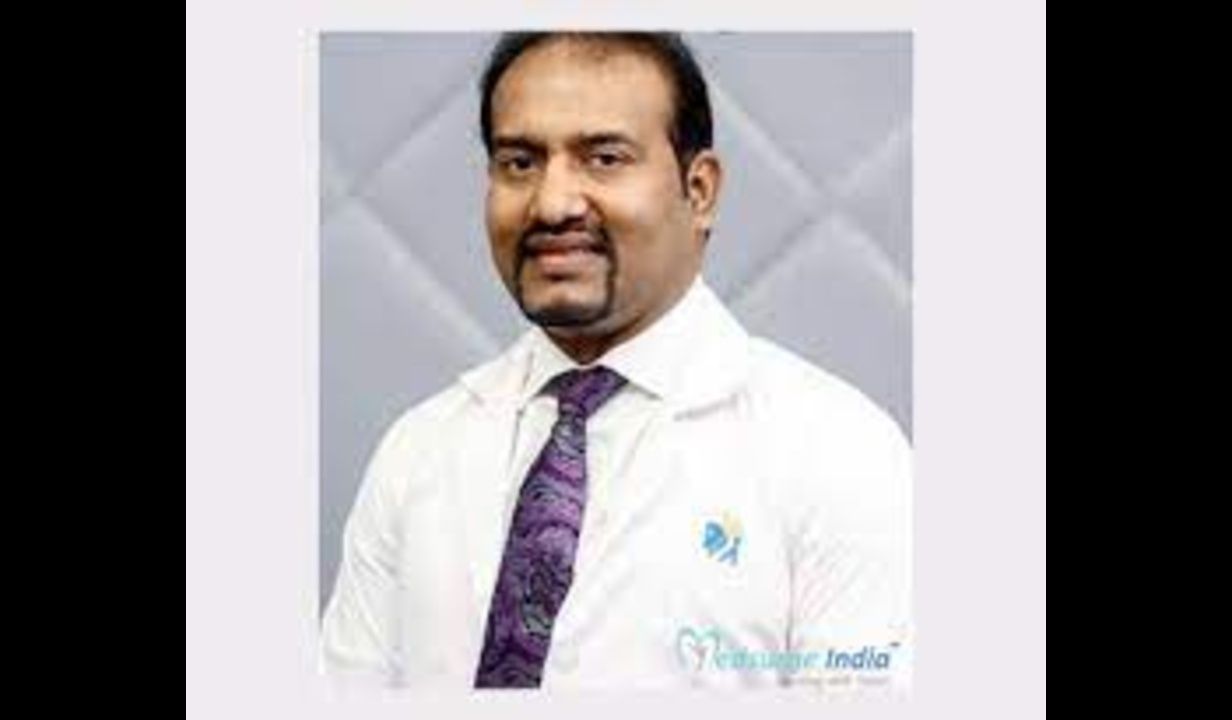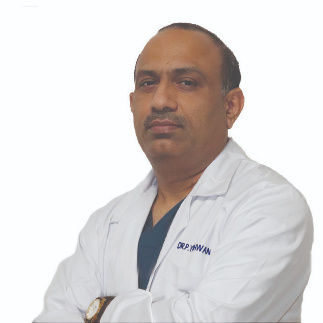Understanding Disk Prolapse and Prevention Tips
Know about the disk prolapse, causes, symptoms, prevention and how to manage disk prolapse at home.

Written by Dr. J T Hema Pratima
Reviewed by Dr. Dhankecha Mayank Dineshbhai MBBS
Last updated on 13th Jan, 2026

Introduction
Dealing with back pain can be frustrating and overwhelming, especially when it affects your daily life. One common cause of persistent back pain is disk prolapse, also known as a slipped disk or herniated disk. If you or someone you know is struggling with this condition, understanding what it is, its symptoms, causes, and prevention tips can help you manage it better.
What Is Disk Prolapse?
Your spine is made up of small bones called vertebrae, cushioned by soft, gel-like disks that act as shock absorbers. A disk prolapse occurs when one of these disks slips out of place or ruptures, pressing on nearby nerves. This can lead to pain, numbness, or weakness in the back, legs, or arms, depending on where the affected disk is located.
Common Symptoms of Disk Prolapse
The symptoms of a slipped disk vary depending on its location and severity. Some common signs include:
- Sharp or burning pain in the lower back, neck, or legs (sciatica).
- Numbness or tingling in the arms, legs, or buttocks.
- Muscle weakness, making it difficult to lift objects or walk.
- Worsening pain when sitting, coughing, or sneezing.
If you experience severe pain, loss of bladder or bowel control, or sudden weakness, seek medical attention immediately, as these could indicate a serious condition.
Consult Top Spine Specialist for Personalised Advice
What Causes Disk Prolapse?
Several factors can contribute to a slipped disk, including:
1. Age-Related Wear and Tear – Disks lose flexibility over time, making them more prone to injury.
2. Improper Lifting – Lifting heavy objects with poor posture can strain the spine.
3. Obesity – Excess weight puts extra pressure on spinal disks.
4. Sedentary Lifestyle – Lack of exercise weakens back muscles, increasing the risk of disk problems.
5. Genetics – Some people may inherit a predisposition to disk issues.
How to Prevent Disk Prolapse?
While some risk factors like aging cannot be avoided, you can take steps to reduce your chances of developing a slipped disk:
1. Maintain Good Posture
- Sit and stand straight, keeping your shoulders back.
- Avoid slouching while working or using electronic devices.
- Use ergonomic chairs and adjust your workstation to support your spine.
2. Lift Objects Correctly
- Bend your knees, not your waist, when lifting heavy objects.
- Hold the load close to your body and avoid twisting while lifting.
3. Stay Active and Exercise Regularly
- Engage in low-impact exercises like walking, swimming, or yoga to strengthen back muscles.
- Core-strengthening exercises help support the spine.
4. Maintain a Healthy Weight
- Excess weight strains the spine, so a balanced diet and regular exercise can help.
5. Quit Smoking
- Smoking reduces blood flow to spinal disks, speeding up degeneration.
6. Take Breaks from Prolonged Sitting
- Stand up, stretch, or walk around every 30 minutes if you have a desk job.
Managing Disk Prolapse at Home
If you already have a slipped disk, these tips can help ease discomfort:
- Rest, but Not Too Much – Short periods of rest (1-2 days) can help, but prolonged inactivity may worsen stiffness.
- Apply Heat or Ice – Ice packs reduce inflammation, while heat relaxes tight muscles.
- Gentle Stretching – Simple stretches can relieve nerve pressure.
- Over-the-Counter Pain Relief – Medications like ibuprofen may help, but consult a doctor before long-term use.
When to See a Doctor?
Most cases improve with self-care, but medical attention is needed if:
- Pain persists for more than a few weeks.
- Symptoms worsen or affect mobility.
- You experience numbness, weakness, or bladder/bowel issues.
Final Thoughts
Disk prolapse can be painful, but with the right care and preventive measures, you can reduce discomfort and improve spinal health. Small lifestyle changes like maintaining good posture, staying active, and lifting correctly can make a big difference.
Consult Top Spine Specialist for Personalised Advice
Consult Top Spine Specialist for Personalised Advice

Dr. Rupam Chowdhury
Orthopaedician
10 Years • MBBS, DNB (Ortho.)
Kolkata
MCR SUPER SPECIALITY POLY CLINIC & PATHOLOGY, Kolkata

Dr. Sudipta Saha
Orthopaedician
8 Years • MBBS,(D. Ortho)
Kolkata
VDC Clinic, Kolkata

Dr. Anil Pradeep Jadhav
Orthopaedician
23 Years • MBBS MS (Ortho)
Nashik
Apollo Hospitals Nashik, Nashik
(25+ Patients)

Dr. Senthil Kamalasekaran
Orthopaedician
21 Years • MBBS, MS, MRCS, Fellow in Knee Surg.
Chennai
Apollo Hospitals Greams Road, Chennai
(25+ Patients)

Dr. Bhanu Prakash Reddy Rachamallu
Orthopaedician
24 Years • MBBS , D'ORTHO, DNB (ORTHO), Mch (ORTHO), Fellow in ARTHROPLASTY
Hyderabad
Apollo Hospitals Jubilee Hills, Hyderabad
(100+ Patients)
Consult Top Spine Specialist for Personalised Advice

Dr. Rupam Chowdhury
Orthopaedician
10 Years • MBBS, DNB (Ortho.)
Kolkata
MCR SUPER SPECIALITY POLY CLINIC & PATHOLOGY, Kolkata

Dr. Sudipta Saha
Orthopaedician
8 Years • MBBS,(D. Ortho)
Kolkata
VDC Clinic, Kolkata

Dr. Anil Pradeep Jadhav
Orthopaedician
23 Years • MBBS MS (Ortho)
Nashik
Apollo Hospitals Nashik, Nashik
(25+ Patients)

Dr. Senthil Kamalasekaran
Orthopaedician
21 Years • MBBS, MS, MRCS, Fellow in Knee Surg.
Chennai
Apollo Hospitals Greams Road, Chennai
(25+ Patients)

Dr. Bhanu Prakash Reddy Rachamallu
Orthopaedician
24 Years • MBBS , D'ORTHO, DNB (ORTHO), Mch (ORTHO), Fellow in ARTHROPLASTY
Hyderabad
Apollo Hospitals Jubilee Hills, Hyderabad
(100+ Patients)